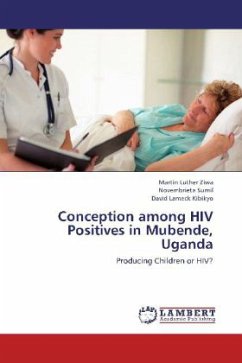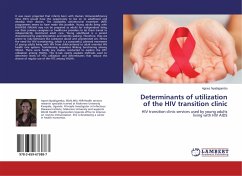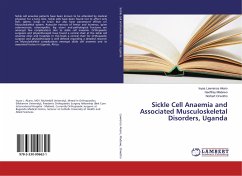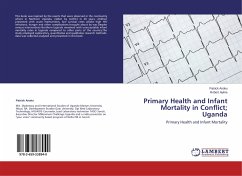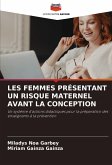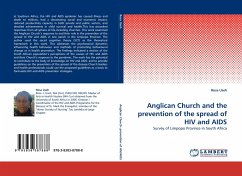The study investigates factors influencing HIV positive women conception in Mubende District, Uganda. HIV transmission in Uganda is mostly through married couples and MTCT at 45-50 and 24 per cent respectively. From a population of 2000, the sample was 322. Primary data was from a survey of 7 sub-counties of the district collected in June and July 2010. District choice was due to the highest HIV prevalent rates. Analysis involved use of fisher s one-way ANOVA and percentages. The demographic factors include age, low education, religion, occupation, marital status and the number of years in marriage or with a partner. Low income earners conceived more explained by women economic dependency on their spouses. Socio-cultural intentions included a need to have a child of a different sex; more children; pressure from spouses or in laws; to deliver for the new partner; to show youthfulness; believed healthy; and replace a dead child. Alcohol consumption accounted for 68.3 per cent of conception. Perceived risk was high including leaving orphans, the fear of early death, infecting baby and becoming sickly. Contraceptives use was low due to myths, religion and availability.

